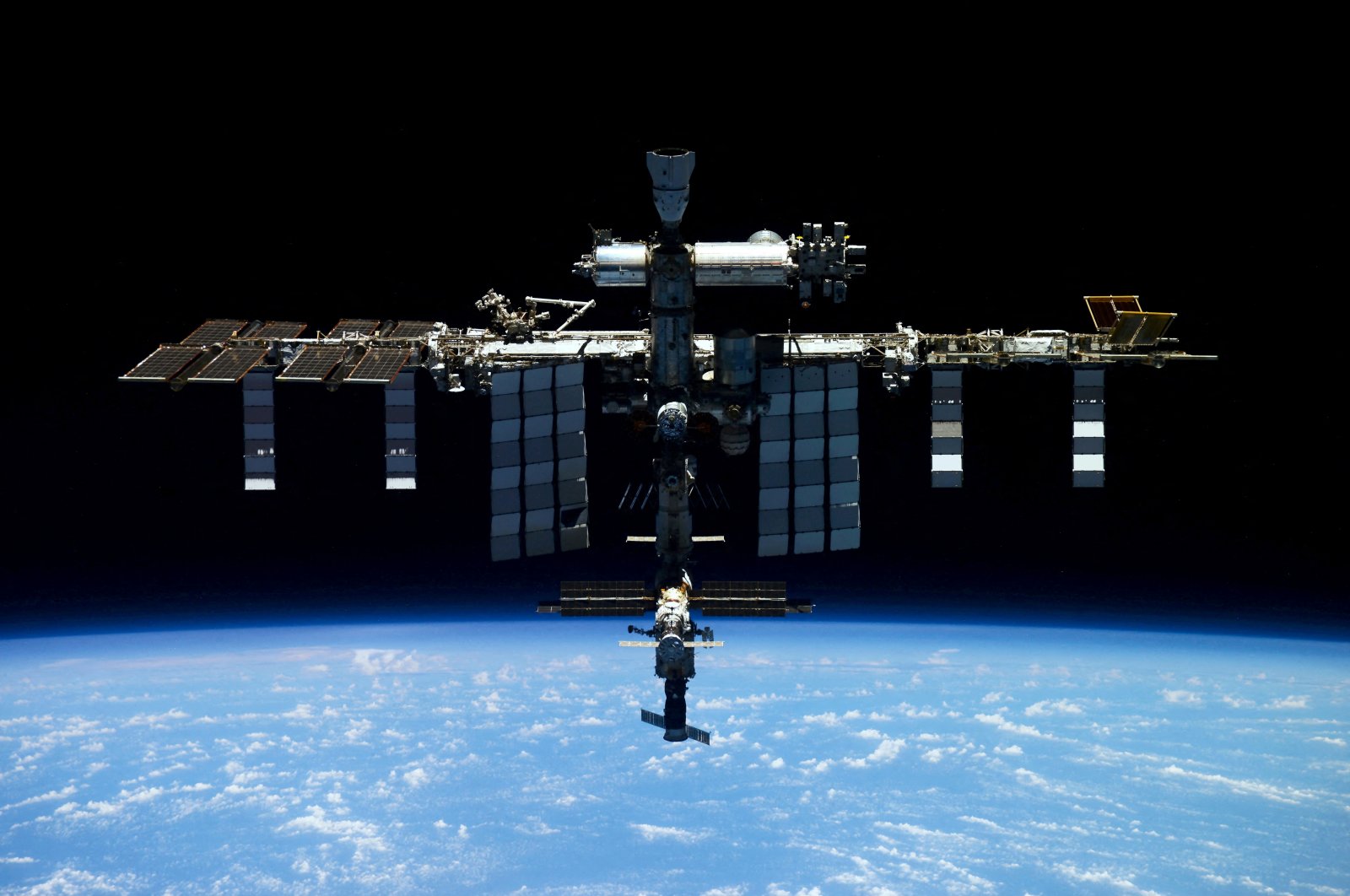
Russia brought down its space shuttle Progress MS-21 in a controlled manner over the Pacific Ocean, over the weekend, as the country's space agency said it was planning to send a rescue ship on Feb. 24 to bring home three astronauts whose return vehicle was damaged by a tiny meteoroid.
"Today the Progress MS-21 was taken out of orbit, entered the atmosphere and broke up. The unburned elements of the structure fell into a part of the Pacific Ocean where there is no shipping," it said.
The Progress cargo shuttle docked at the International Space Station (ISS) in October 2022. On Feb. 11, 2023, a leak was discovered in the capsule, which was already loaded with waste, resulting in the loss of coolant.
Russia's space agency plans to send a rescue ship this week to bring home three astronauts.
"The launch is expected on Feb. 24," a spokesperson for the Roscosmos space agency told Agence France-Presse (AFP).
Last Monday, the space agency said it had delayed the launch of the Soyuz MS-23 spacecraft, saying a supply ship docked at the International Space Station (ISS) had leaked coolant.
The Soyuz MS-22 flew Russian cosmonauts Dmitry Petelin and Sergei Prokopyev and NASA astronaut Frank Rubio to the ISS in September.
They were scheduled to return home in the same spacecraft, but it began leaking coolant in mid-December after being hit by what US and Russian space officials believe was a tiny space rock.
In January, Russia said that it would send an empty spacecraft to the ISS in February to bring home the three astronauts.
Last Monday, the launch was postponed after another vessel – a Russian supply ship docked at the ISS, the Progress MS-21 – had also leaked coolant, sparking concern.
Earlier on Saturday, the Russian space agency said that chief designers had now recommended that the launch of the rescue ship be set for 3:34 a.m. (00:34 GMT) on Feb. 24.
The Soyuz MS-23 had been carefully examined, and no damage had been found, the space agency said.
Now a state commission has to sign off on the new date.
The Roscosmos official told AFP that the state commission was widely expected to approve the new launch date.
